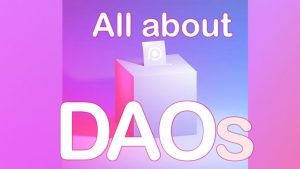
The internet and social media networks of Web2 made mass communications much easier, worldwide. Web3 will make it possible to not just communicate but to coordinate around capital. Like Web2, these new Web3 networks are not constrained geographically…but are capable of forming massive scale or engage just a small number of participants.
Many in the Web3 community believe that decentralized autonomous organizations, DAOs, will reinvent how people organize and eventually eclipse the size and scope of current corporations and nation-states
What is a DAO?
DAOs are software-based organizations. They allow people to pool resources to reach a common goal, share in its creations, and reap the benefits.
Just as the LLC/SubS/C-Corp are the foundational structures for businesses, DAOs will be the same for Web3. Current corporations are based upon a legacy financial system and organized through legal contracts. DAOs are software-based entities running on blockchain networks, organized by tokens and their rules are encoded in smart contracts. – and since they are not tied to physical locations, they can be mobilized quickly and attract talent globally.
Current Functions of DAOs
Currently, there are about 180 DAOs (refer to deepdao.io) with $10 billion under management – a small value number to be sure, but growing daily. These DAOs range from entities that manage companies in the crypto space to those invested in social communities, media, charitable pursuits, and investment.
- Protocol DAOs – First Ethereum then a slew of other developers created networks that allow people to trade digital assets. These new networks were interested to be decentralized – which presented a problem in how they were to be managed and grow. Rather than have a few people at the top make all decisions, DAOs emerged to give their users a collective say in its future direction, ie strategic plan. Users are given governance tokens. These tokens convey voting rights. Any user can propose ways to improve the company and can vote on whether or not the developers’ can move forward with a proposal. Token holders also propose and vote on anything from marketing initiatives, to how earnings should be managed.
- Investment / Collecter DAOs – The next largest category of DAOs are the investment/collateral type. They range from free venture investment in NFTs to professional sports franchises. These DAOs use a fast and simple way to amass capital formation, ie. crypto crowd-funding vs. the current costly and complex actions with typical venture deals.
- Social DAOs – ‘Friends with Benefits’ is a typical social DAO. To join, members submit an application and acquire 75 FEB tokens. Entry comes with access to a community of crypto builders, artists, and creative types. By organizing like this, members have an incentive to create a valuable and collaborative community. This has happened as the FEB crypto went from $10 to now $75 – increasing the membership cost from $750 to $6,000. Social DAOs are in their infancy but they represent a new powerful form of social interaction.
- Service DAOs – bring strangers together from all over the world to work on developing new products and services. Clients issue bounties for specific tasks and once completed pay the DAO a percentage of the fee charged by the contributor. Contributors also provide governance to the DAO. DxDAO and Raid Guild are examples of Service DAOs.
- Media DAOs – Bankless DAO is an example of a media DAO. It produces podcasts then issues a token to its audience which allows its followers to take an active role in what is produced and by producing content or other services to the DAO.
Problems With DAOs
DAOs have the potential to reinvent how we govern, invest, create, work, and donate. However, they have a long way to go. Changing what has been the norm for hundreds of years regarding corporate governance and government is daunting. The challenges include lack of legal clarity, efficient coordination mechanisms, lack of infrastructure, and the efficient use of smart contracts.
DAO Reset
With all of this said, DAOs do represent a huge shift. If Web3 is to become a user and not provider-driven, DAOs will become a meaningful part of that change. There will be many experiments and models going forward – some will fail while others will prosper.
Current DAO Leaders
Protocol: Uniswap, Olympus, Compound, Radicle, Lido, Aave
Investment: DAOs: BitDAO, Flamingo, PleasrDAO
Social: Friends With Benefits, Bored Ape Yacht Club
Service: Raid Guild
Media: DAO, Decrypt
The overall DAO landscape is growing and developing and we may, one day, see the largest organizations in a variety of industries built NOT on legal contracts but on open crypto networks. DAOs may bypass the LLC and incorporation structures as the preferred model for organizations in an ever-increasing digitized world.
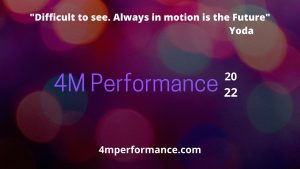
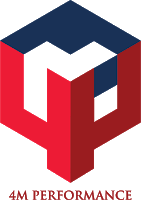
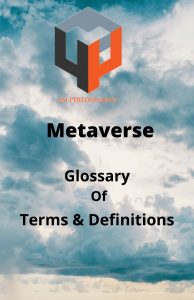

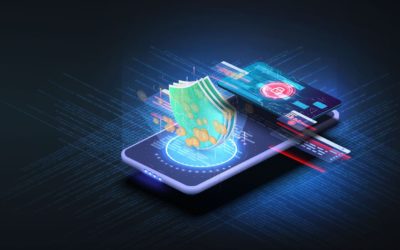
0 Comments